Nigeria’s Economic Policies: It’s interesting — well, maybe not so surprising — how different people see the same situation from wildly different angles. Take Nigeria under the Tinubu administration, for example. Femi Falana, a respected lawyer and vocal critic, recently shared his views on how the country’s economic policies have been playing out. And, frankly, his perspective sheds light on some uncomfortable realities.
The Tale of Two Groups: Rich vs. Masses
Falana argues quite strongly that the economic moves made by President Tinubu’s government seem to favor only the wealthy elite. According to him, while the business class and government insiders enjoy smoother sailing, ordinary Nigerians are feeling the squeeze more than ever.
He mentioned, in a recent interview, that despite the official celebrations by some ruling party officials highlighting progress, the truth on the ground tells a different story. “For members of the government — and I’m talking of top officials — it’s been very rosy,” Falana noted with a hint of skepticism. One of these officials even sang praises about things getting better just a week ago.
Also read: Tech Queen or Cybercriminal? The Rise and Fall of Sapphire Egemasi
But Falana cautions us to see beyond that surface. He emphasized, “Of course, for the rich, the bourgeoisie, things are getting better. But for the masses of our people, things are getting tougher because they are going through an excruciating economic crisis.”
You have to wonder what this means for the average Nigerian trying to make ends meet. When policies improve life mainly for the wealthy, it risks leaving the broader population behind, deepening inequality and hardship. It’s a pattern too familiar, sadly.
Policies That Raise More Questions Than Answers
So, what exactly has the administration done that causes such divided opinions? Among the notable actions taken since Tinubu came into office two years ago are the unification of the foreign exchange (forex) windows and the removal of the fuel subsidy.
At first glance, unifying forex windows might seem logical — creating a more streamlined, consistent exchange rate system. However, the effect on everyday citizens is nuanced and mixed. It can sometimes spark inflation or raise prices on imported goods, hitting low and middle-income households hard.
Also read: A Troubling Incident in Lausanne: The Death of Michael Ekemezie in Police Custody
Then there’s the fuel subsidy removal. This move often aims to reduce government spending but ends up increasing fuel costs for consumers. When fuel prices tick up, the ripple effect on transportation and goods’ costs can raise living expenses for many.
It’s not that these policies couldn’t work under certain conditions. But there often seems to be a missing link: adequate measures to protect those already struggling economically while the reforms settle in.
I think it’s fair to say these economic changes might be necessary or even beneficial in the long run, but in the short term, they leave many people in a tight spot. And for a country where a significant portion of the population lives close to the poverty line, the timing and execution of such policies matter a great deal.
The Human Side of Economic Policies
Sometimes, politics and policy discussions drift toward numbers and jargon, away from real human impact. But the comment from Falana — “many Nigerians are struggling to survive” — really brings everything back down to earth.
It made me think of everyday folks dealing with these changes: a trader at a local market worried about rising costs, a parent stretching every coin to provide for their children, or those just hoping things don’t get worse before they get better.
Economic reforms can appear abstract, but their consequences are tangible, often felt most by those with little cushion to absorb shocks. So, even if government officials see progress, the lived experience of the average citizen might feel quite different — fraught with uncertainties and hardships.
Of course, I guess there’s always some tension when you look at a policy through different lenses. What empowers one group can burden another. Still, ideally, there should be efforts to strike a balance, or at least a clear plan to help those who bear the brunt.
Overall, there’s a clear gap between government optimism and the everyday reality for many Nigerians. This divergence isn’t unique, but it highlights the challenge leaders face in crafting economic policies that are truly inclusive. If the Tinubu administration’s goal is to improve living standards across the board, then focusing only on the affluent might just backfire.
Maybe, just maybe, a more thoughtful, phased approach — one that cushions the vulnerable while encouraging growth — would lead to broader benefits. It’s a difficult balancing act, no doubt. But if it’s ignored, the gap between the rich and the rest could widen even more, creating long-term problems instead of solutions.




![When Two Pregnancies Collided: My Story — Omo Local’s Truth 4 How me and my best friend got pregnant for my husband – Actress Omo Local [VIDEO]](https://wowplus.net/wp-content/uploads/2026/03/how-me-and-my-best-friend-got-pregnant-for-my-husband-actress-omo-local-video-680x1020.jpg)
![Why Older Partners Sometimes Make Life Easier 5 Older men allow you get away with a lot of things – Joke Silva [VIDEO]](https://wowplus.net/wp-content/uploads/2026/03/older-men-allow-you-get-away-with-a-lot-of-things-joke-silva-video-680x384.jpg)



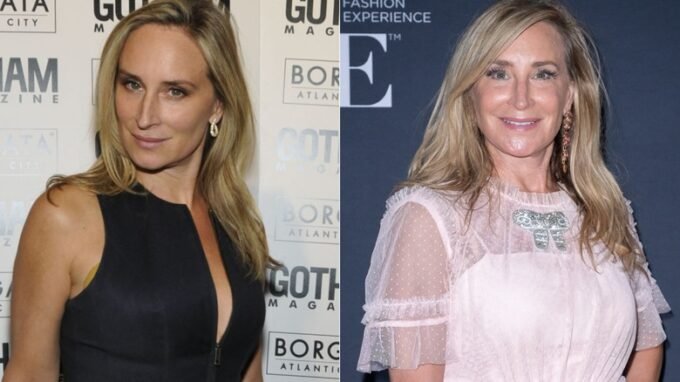
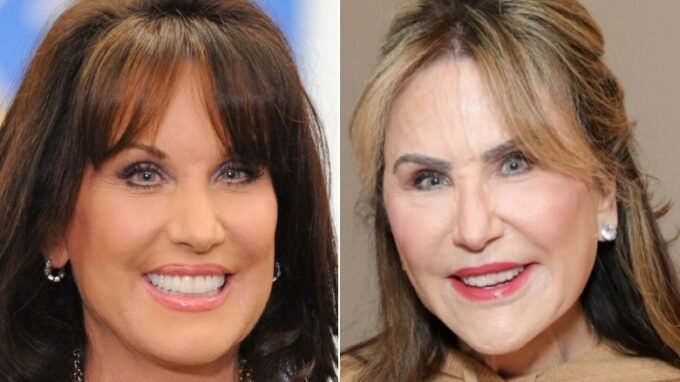












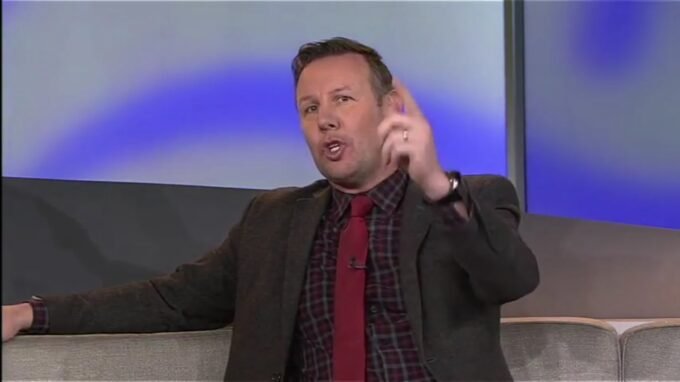

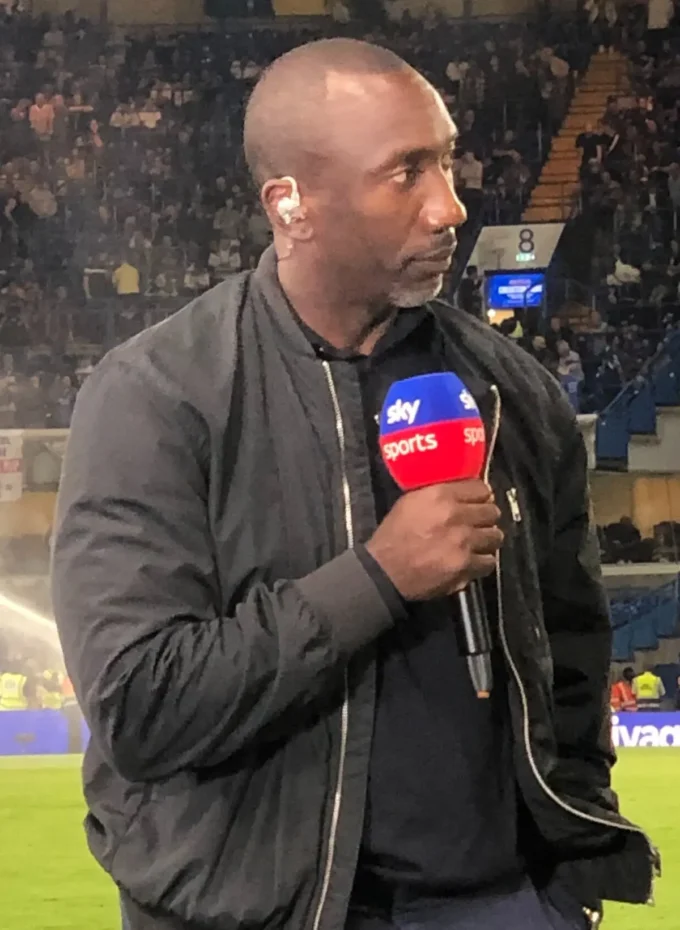


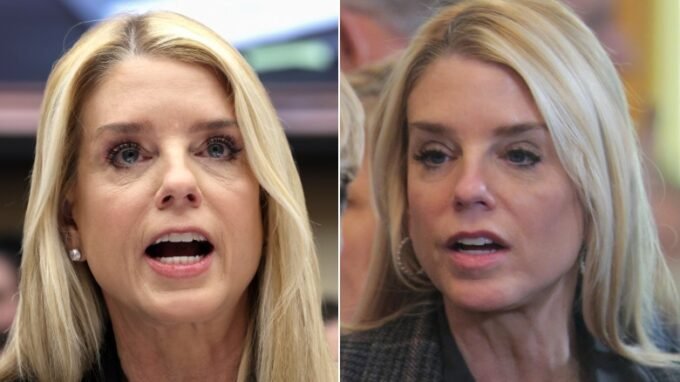

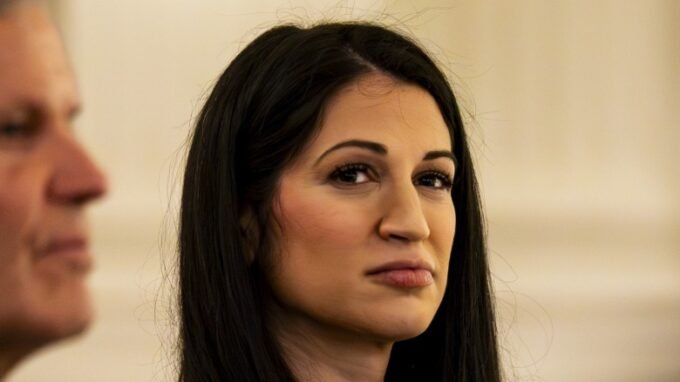

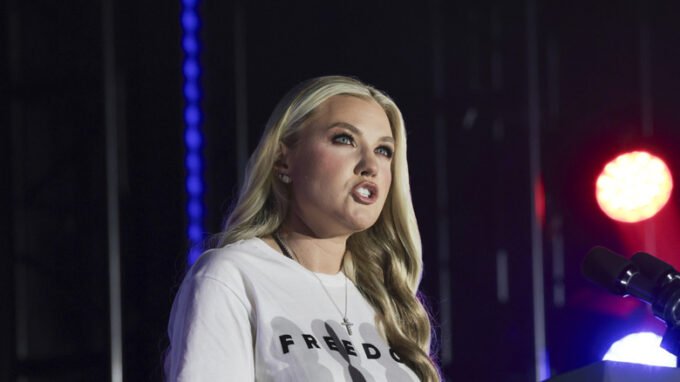









Leave a comment